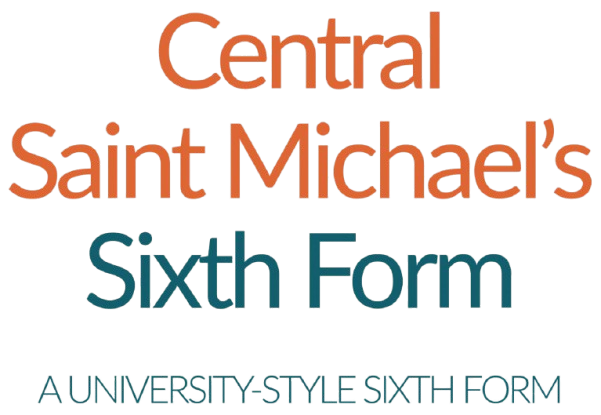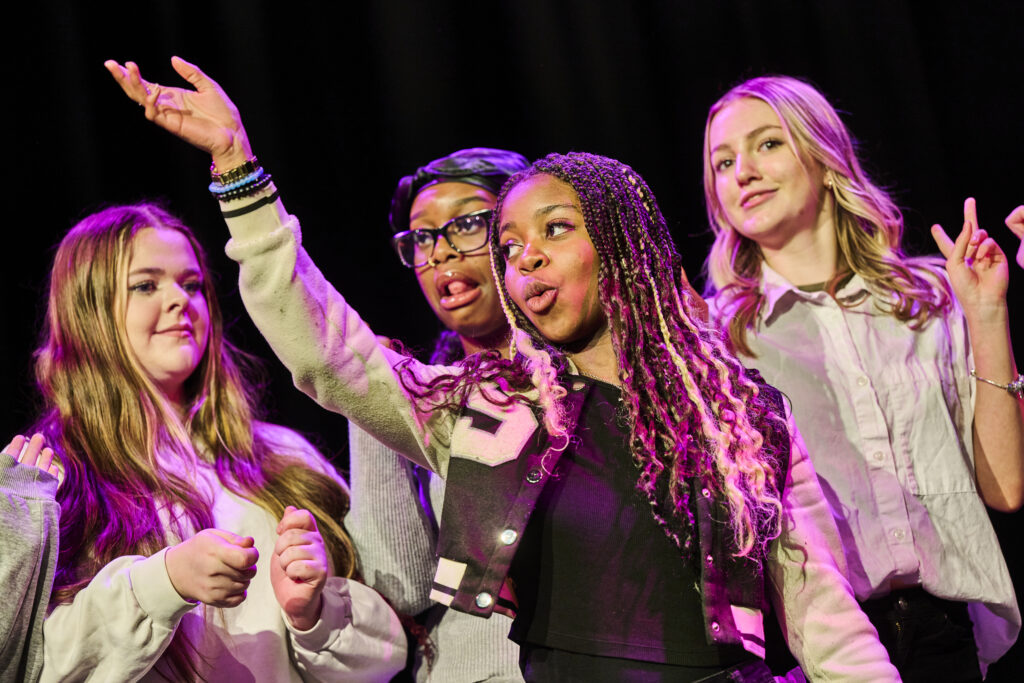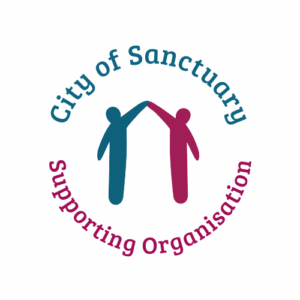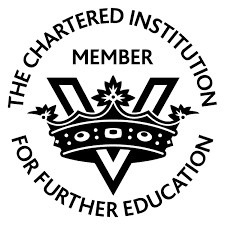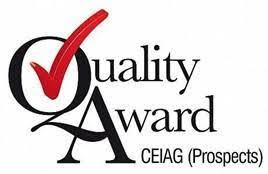If you see theatre as a powerful way to express ideas and engage with the world, you’ll want to study A Level Drama and Theatre at Central Saint Michael’s. This course is ideal for anyone who wants to understand how theatre communicates meaning, challenges perspectives, and tells compelling stories through live performance. You don’t have to have studied Drama at GCSE, so no prior experience is required. The course appeals to learners who enjoy subjects like English Literature and History, as it involves analysing scripts, themes, characters and social and historical contexts. You will have the opportunity to perform, devise original work, and reflect critically on both your own practice and professional productions.
Drama and Theatre allows you to experience a balance of theory and practice, fostering a holistic understanding of theatre as both an academic subject and a live art form. Not only will you study a combination of canonical and contemporary plays – encouraging your appreciation of theatre heritage and engagement with fresh, thought-provoking works, you will also gain a strong foundation for further study or careers in the performing arts, as well as related fields such as education, arts administration, creative writing, journalism, and cultural criticism.
Content Overview
You will study a diverse range of theatrical texts and performance styles from across historical periods and global cultures, including:
Classical Greek theatre
Naturalism and Realism (e.g. Stanislavski)
Expressionism and Epic Theatre (e.g. Brecht)
Postmodern and Political theatre (e.g. Berkoff, Artaud, Punchdrunk)
Contemporary British theatre (e.g. Polly Stenham, Lucy Prebble)
You will explore key theatrical movements and practitioners, such as:
Epic Theatre – challenging passive viewing and encouraging critical engagement
Physical Theatre – using the body as the primary tool for storytelling
Expressionism – conveying inner emotional states through stylised performance and design
Verbatim and Political Theatre – amplifying real voices and social issues
Immersive and site-specific work – reimagining space, audience and performer relationships
You will develop analytical and evaluative skills through:
In-depth study of set texts with a focus on performance and design interpretation
Live theatre evaluation – analysing professional productions and applying them to written responses
Directorial and design vision development – creating concepts for performance from page to stage
Applying a range of interpretive lenses including social, historical, political, and feminist perspectives
You will create original and practical work, including:
Devising original performances in response to a stimulus using a chosen practitioner’s influence
Performing published texts as part of an assessed performance (monologues, duologues, or group scenes)
Reflective written portfolios documenting your creative process and evaluating artistic choices
Modules
Component 1: Performance Workshop
(20% of A Level)
(60% of AS Level)
You will reinterpret an extract from a text using the techniques and working methods of a recognised theatre practitioner such as Brecht, Berkoff or Artaud.
Component 2: Text in Action (A Level only)
(40% of A Level)
This is a practical exam in which you devise a piece of original theatre in response to a stimulus, influenced by the methods of a theatre practitioner, and perform an extract from a different, published text in a contrasting style.
Component 3: Text in Performance – Written Exam
(40% of A/AS Level) 2 hours 30 minutes (A Level), 1 hour 30 minutes (AS Level)
Section A and B – two questions, based on two different texts such as Accidental Death of an Anarchist by Dario Fo.
Section C – a question based on a specified extract from The Book of Dust – La Belle Sauvage by Philip Pullman, adapted by Bryony Lavery.
Facilities
Theatre, with full sound and lights system
Rehearsal studios
